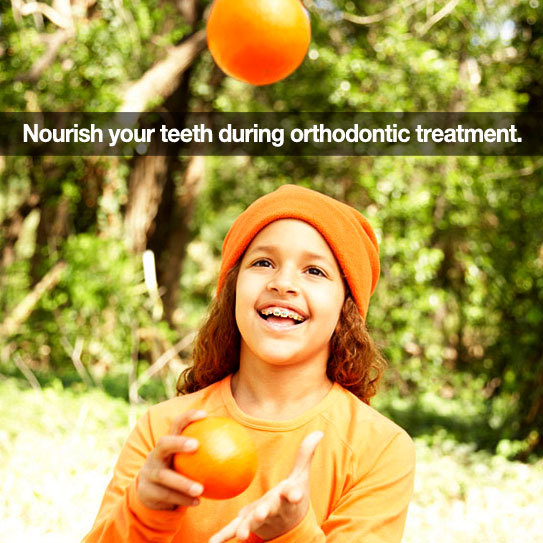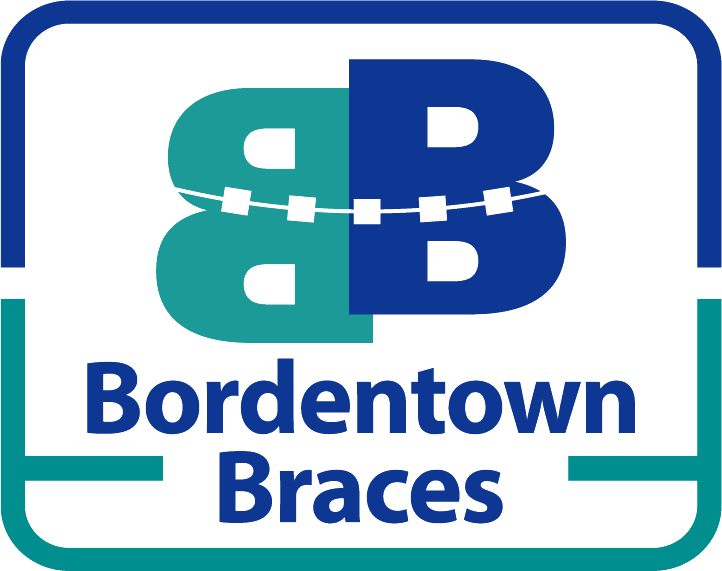
How to Get Your Necessary Vitamins and Minerals with Braces
Vitamins are absolutely necessary for your body. Getting braces to help realign your teeth can make some foods more difficult to eat. We are here to introduce you to the vitamins you are going to need, as well as some ideas as to what foods to eat that are easy to get the right vitamins with braces while also producing the balance of vitamins and minerals your body needs. Let’s discover how to eat with braces by reviewing a few vitamins and minerals that your body needs.
Calcium
It goes without saying that calcium is quite important to your bones and your teeth since they are made of the same minerals. Calcium keeps your bones and teeth strong, which will be essential throughout your entire lifetime to avoid future dental work and broken or weakened bones.
Many people can eat everyday foods like milk and yogurt to provide the calcium you need. Other choices include leafy greens. Cheese is another great idea and has multiple advantages like milk, as dairy can reduce the levels of acid in your mouth that lead to faster wear and tear on your enamel. Easily found and eaten foods like beans can also be tasty when made in other dishes and provide your necessary calcium while adding fiber.
Getting vitamins with braces shouldn’t be at all difficult.
Magnesium
Magnesium helps your jaw, teeth, and guns have a solid foundation. This mineral can be found in nuts, seeds, and fish. Some basic breakfast foods like bananas and whole grains can be great sources of magnesium too.
Did we mention that dark chocolate also has plenty of magnesium? Getting vitamins with braces just got easier! Finding your favorite chocolate bar can be both a good snack and one of many pieces of chocolate that contribute to your mouth being well protected.
Iron
Some people who get braces are more susceptible to mouth sores and inflammation. Iron can help fight this and can be found in red meats as well as spices and some nuts. If you do eat meat, consider getting a beefy burger or steak a bit more often.
Foods like burger and steaks are also quite flexible. Find the right spices and meat combinations and you’ll be wondering what you should cook next instead of wondering what you are limited to while getting vitamins for having braces.
Vitamin A
Vitamin A helps the flow of saliva, which washes away bacteria and generally provides enough saliva to prevent dry mouth issues. You can easily find Vitamin A in beef liver, sweet potatoes, and some fruits. You will definitely have a reason to get seconds of sweet potatoes and marshmallows at Thanksgiving!
Another very common source of Vitamin A is fortified milk. Just read the carton to ensure you are getting the right kind.
Vitamin C
Vitamin C helps prevent inflammation and bleeding in your mouth. The first couple of weeks of wearing braces has the potential to cause some mouth discomfort with the insides of your cheeks, gums, and lips. Eating red peppers, oranges, and again sweet potatoes can help add Vitamin C to your blood and heal the possible small wounds caused by braces.
One really easy way to get your daily need of Vitamin C is to drink a glass of orange juice or eat some strawberries. Both are quite easy to find. You can also find pulp free orange juice if you wish, which might be a little easier to drink.
Vitamin D
Want to absorb calcium better and keep your teeth and bones stronger? Find some foods with Vitamin D. Vitamin D is pretty easy to find in milk, eggs, and fish.
Vitamin D’s importance cannot be overstated. Vitamin D is a major regulator of both calcium and phosphorus levels in your body. You can readily have either too much or too little of one of them. The vitamin simply helps balance the minerals you need to keep strong and healthy teeth.
Also of note, you can get plenty of Vitamin D from the sun. Simply going outside can go a ways towards helping your health in general.
Potassium
Potassium is often overlooked but is a great way to balance out your body, especially when considering how to eat with braces or a retainer for your mouth. Potassium and magnesium partner up and help keep your blood acidity lower. Potassium also contributes to bone density, which is also essential for teeth.
To find potassium, look no further than a traditional favorite in bananas. You can also find it in avocados and beans. Make some guacamole and something less crunchy to dip with and you’ll have a really tasty source of potassium.
Eating with Retainers
Having a retainer for your mouth is common after braces. Thankfully, a retainer often makes your range of food choices a bit wider than with braces, though learning how to eat with braces isn’t really that hard in itself.
A retainer for your mouth means you shouldn’t eat hard foods or anything hard and sticky, as a retainer can break under direct pressure. Retainers are also less likely to cause the same potential irritation that braces can, as they are meant to stay in your mouth potentially forever.
Also of note, some retainers are not meant to be worn while eating. If your orthodontist informs you, remove the retainer before consuming anything but water. Your retainer will be necessary in the future to keep your teeth aligned properly, so in some cases needing to remove a retainer to eat is a good trade off for a much better smile.
Final Thoughts
Your diet actually isn’t especially limited while wearing braces or a retainer. We simply recommend eating a good amount of vitamins and finding the right minerals because they are good for your teeth and body. Many of the things you should not eat, which are generally hard or very sticky, often have alternatives that have the same amount of Vitamin content anyway.
